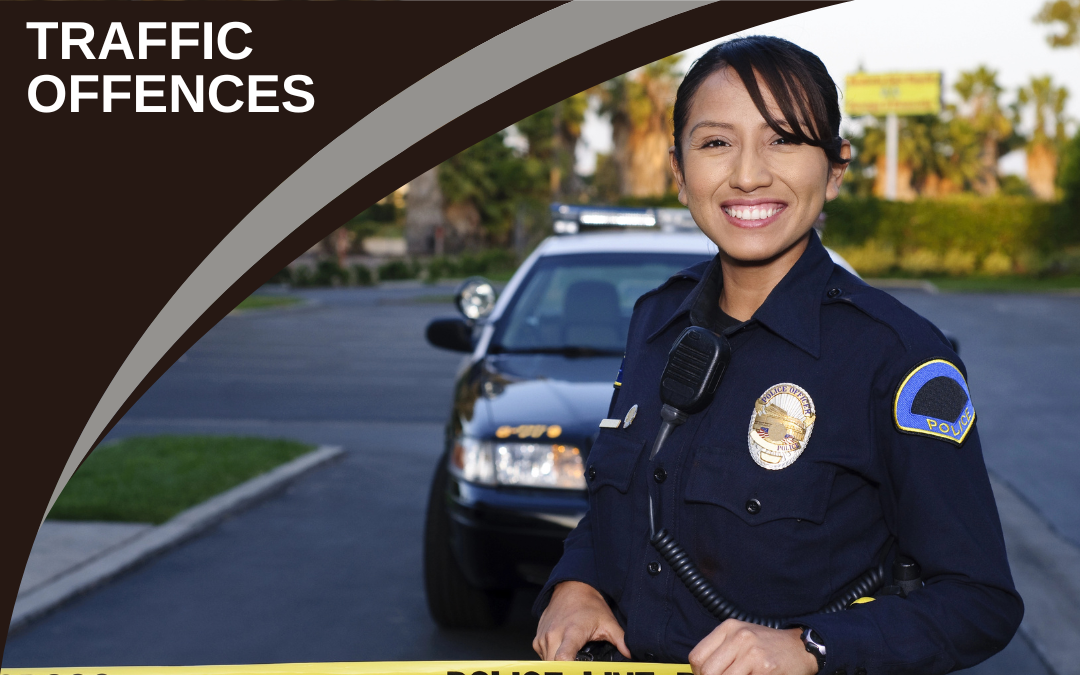
Frequently Asked Questions (FAQs) About Traffic Offences
What Is Considered a Traffic Offense?
A traffic offense is any violation of state or local traffic laws. These can range from minor infractions like speeding or failing to signal, to more serious violations such as reckless driving or driving under the influence (DUI). Offenses are generally categorized as either infractions, which typically result in fines, or misdemeanors/felonies, which may carry heavier penalties including jail time.
What Happens If I Get a Speeding Ticket?
A speeding ticket typically results in a fine, potential points on your driving record, and possible increases in insurance premiums. The exact penalty depends on how far over the speed limit you were driving and the laws of your state. In some cases, excessive speeding can be charged as reckless driving, which is a more serious offense.
How Does a DUI Affect My Record?
A DUI (Driving Under the Influence) is one of the most serious traffic offenses. Penalties may include license suspension, heavy fines, mandatory classes, probation, or even jail time. A DUI conviction also remains on your criminal record and can have lasting consequences for employment and insurance.
What Are Points on a Driving Record?
Many states use a “points system” to track traffic violations. Each offense adds a certain number of points to your driving record. Accumulating too many points within a set time frame can lead to license suspension or higher insurance premiums.
Can Traffic Offenses Affect My Insurance Rates?
Yes. Insurance companies often review your driving record when determining premiums. Even minor violations can cause rate increases, while serious offenses like DUIs or reckless driving may lead to much higher costs or policy cancellations.
What Is Reckless Driving?
Reckless driving is operating a vehicle with willful disregard for safety. Examples include excessive speeding, aggressive lane changes, street racing, or driving under dangerous conditions. Because it poses a high risk to others, reckless driving is usually treated as a misdemeanor or even a felony in severe cases.
Can I Go to Jail for a Traffic Offense?
Yes, but typically only for serious violations. Infractions like speeding or failing to stop at a sign usually result in fines. However, offenses such as DUI, driving with a suspended license, or reckless driving can lead to jail time depending on the circumstances.
How Do I Fight a Traffic Ticket?
You usually have the option to pay the ticket, attend traffic school (in some states), or contest it in court. Contesting a ticket often involves appearing before a judge or magistrate and presenting evidence or testimony. Hiring a traffic attorney can improve your chances of reducing or dismissing the charge.
Will a Traffic Offense Stay on My Record Forever?
No, but how long it stays depends on the offense and your state’s laws. Minor violations may fall off your record after a few years, while serious offenses like DUIs can remain much longer. Some states allow expungement of certain violations after meeting eligibility requirements.
What Should I Do If My License Gets Suspended?
If your license is suspended, you cannot legally drive until it is reinstated. The steps for reinstatement vary but may include paying fines, completing traffic school, or serving a suspension period. Driving with a suspended license is a separate and serious offense that carries harsher penalties.
These FAQs are for general informational purposes only and are not legal advice. Contact us today to discuss your specific situation.
